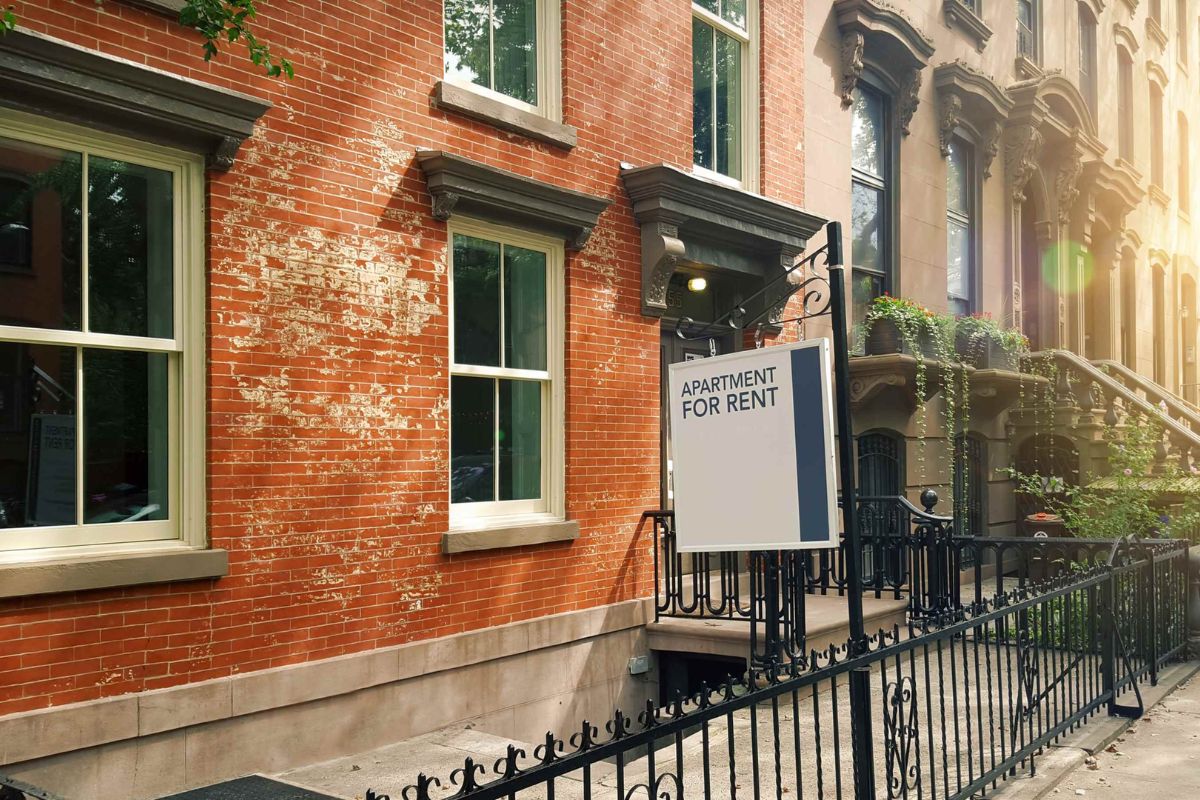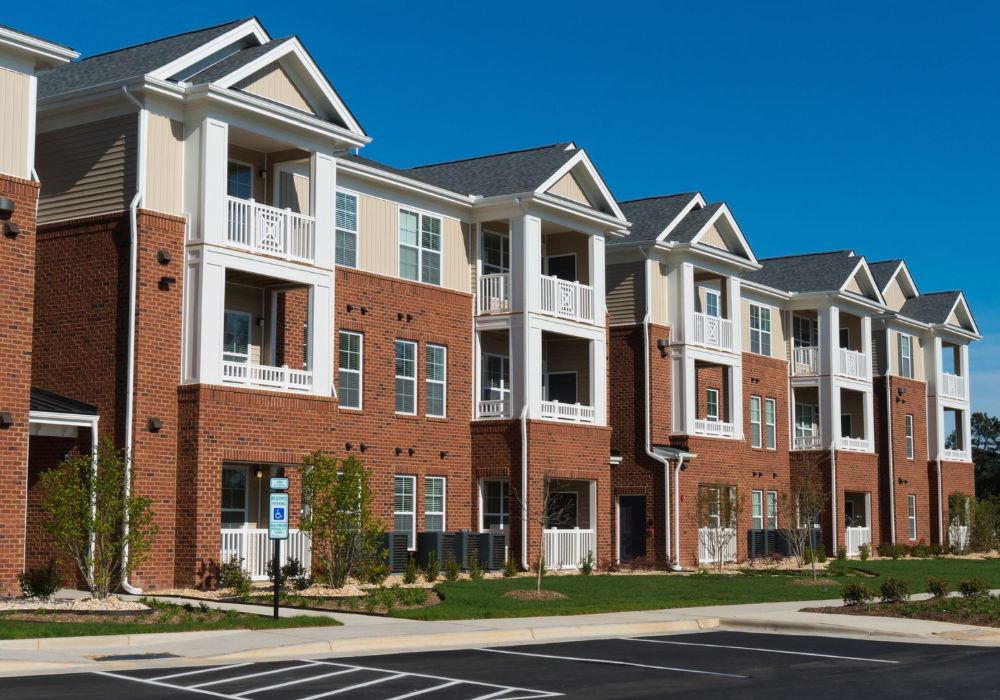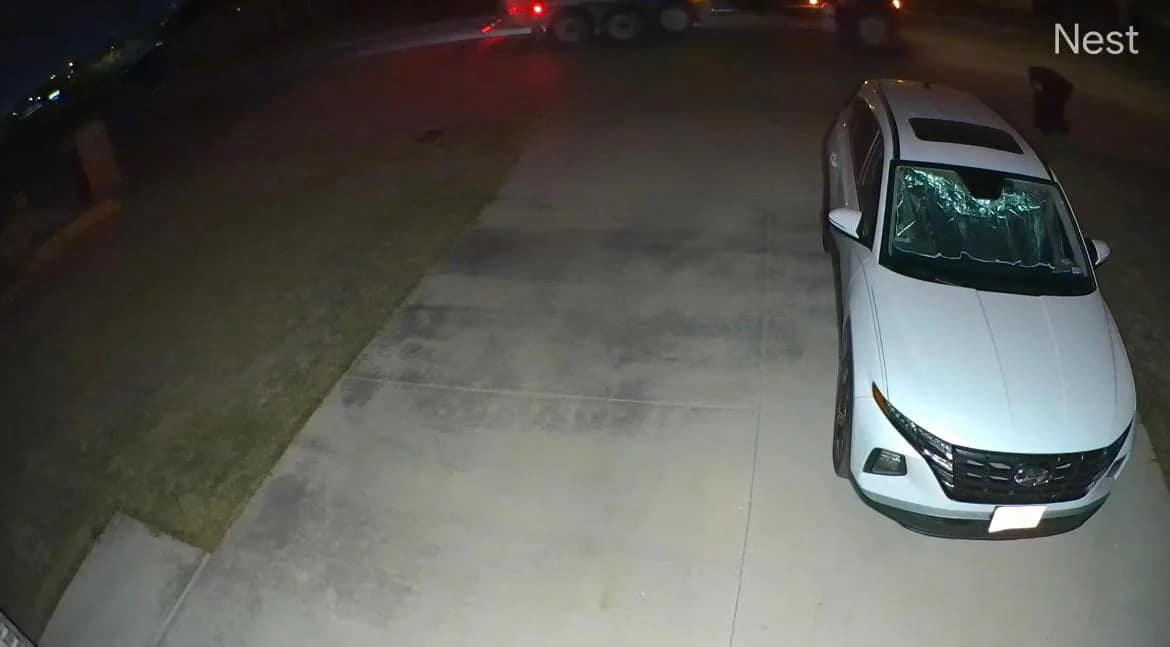When renting a property, it is common for landlords to request documentation from potential tenants to assess their suitability and ability to pay rent. One of the most frequently asked documents is the pay stub, as it provides important financial details.
In this article, we will explore landlords' rights to request pay stubs, tenants' legal protections, and how to balance privacy rights with verification needs.
Can Landlord Ask for Pay Stub?
Yes, a landlord can ask for pay stubs from a potential tenant. Pay stubs serve as evidence of a tenant’s employment, income level, and payment history. They allow landlords to determine if the tenant has a stable income source and can realistically afford the rent payments.
Verifying income through pay stubs is a legitimate request that helps landlords choose financially responsible tenants and reduce the risk of rent default. Pay stubs also show deductions like tax withholdings to help landlords evaluate a tenant’s overall financial obligations.
What information do pay stubs contain?
Pay stubs contain important personal and financial details about a tenant’s earnings. They show the employee’s gross income for the pay period, detailed deductions for items like taxes and insurance, and the net payment amount. Pay stubs may also include the tenant’s name, employer details, and dates of employment.
For landlords, key information includes earnings, deductions, and the frequency of payments to evaluate income stability. Tenants should be aware of what specifics landlords need versus optional personal details.
Related: Can Landlord Profit From Utilities?
What other documents can landlords request?

In addition to pay stubs, landlords may ask tenants for identification, proof of address, previous rental or credit history references, and bank statements. Identification verifies the applicant’s identity and background checks reveal criminal history.
Rental history references assess payment behavior, and bank statements support evidence of finances and earnings stability. Such documents allow landlords to conduct a comprehensive evaluation of tenants and minimize risks.
What legal protections do tenants have?
Tenants have rights under fair housing laws to protect against discrimination. Landlords cannot request details about protected attributes like race, religion, family status or disability. They also cannot require unnecessary personal information like social security numbers.
Tenants can ask landlords to explain exactly what financial information is crucial versus optional and ensure personal data is kept private and secure. Blacking out sensitive details on documents can balance verification with privacy.
How can landlords and tenants maintain privacy?
Open communication between landlords and tenants is important to address any privacy concerns. Landlords should clearly explain their vetting process and only retain the most critical application materials. Tenants have a right to request the return or safe disposal of submitted documents containing personal details once approved.
Redacting non-essential information on stubs also maintains verification while respecting privacy. Trust between parties can find solutions balancing legitimate interests with rights.
How else can income be proved without stubs?
If uncomfortable sharing pay stubs for privacy reasons, tenants have alternatives. Bank statements demonstrating regular deposits can indicate income stability. Tax returns contain earnings data. Employers may provide verifiable income letters for authorization.
Savings accounts or payment history references also prove means without personal stubs. Landlords should accept reasonable proofs, but ultimately screening discretion falls within their purview and interest in risk mitigation.
Conclusion
Landlords have valid interests in verifying tenant income through pay stubs or other documents to ensure rental obligations can be met. However, tenants still have privacy rights protecting sensitive financial information.





